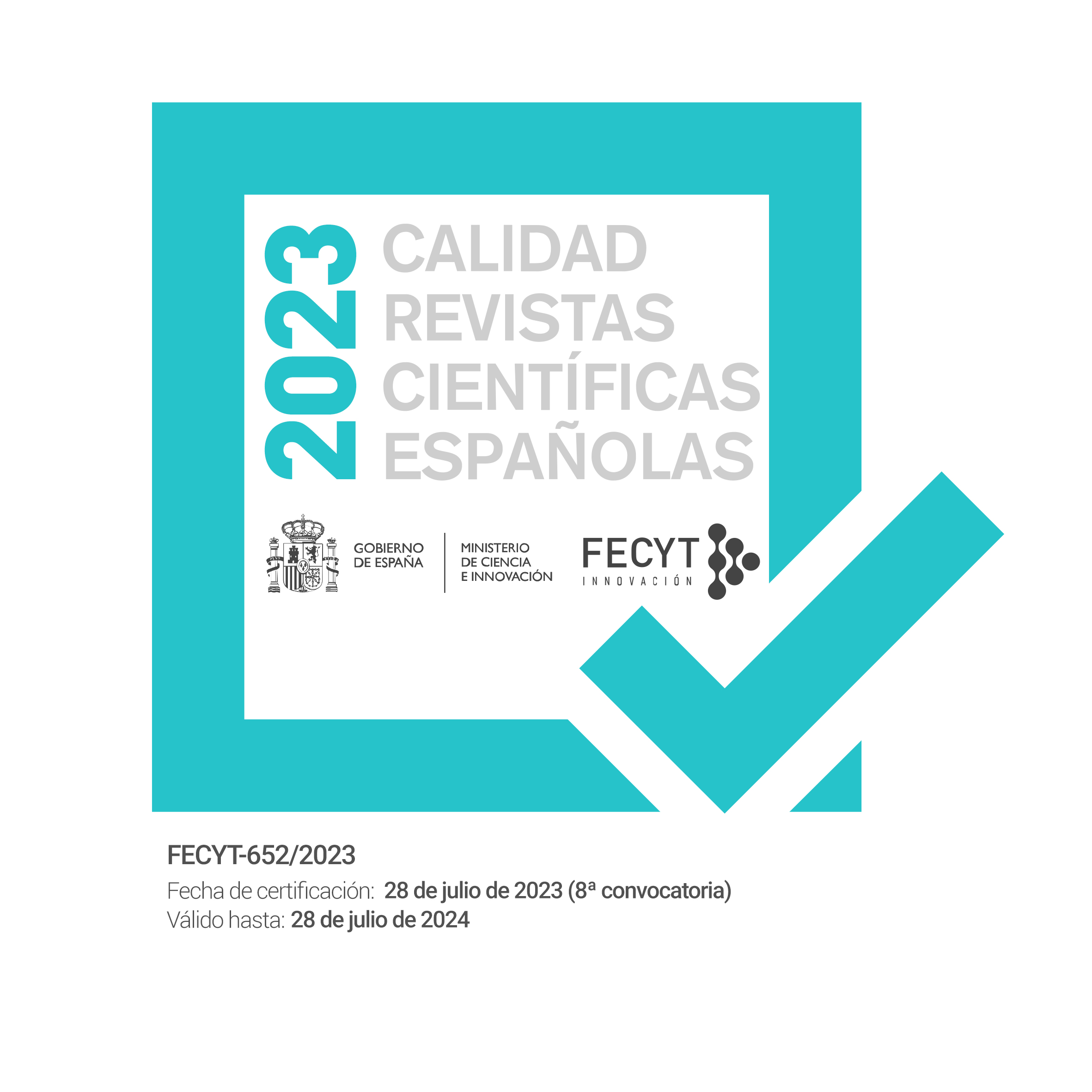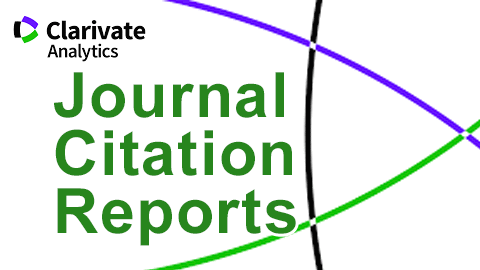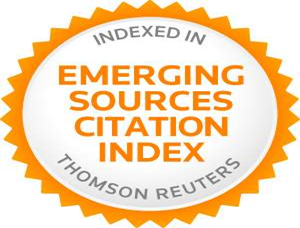Interrogativas y relativas en el español infantil: un caso de opcionalidad estructural
Keywords:
Reasunción, Relativas, Interrogativas, Opcionalidad, Subespecificación, Complejidad derivacional.Abstract
Resumen. Esta contribución trata de la adquisición de oraciones interrogativas y de relativo en el español infantil. De especial interés es la opcionalidad estructural que se manifiesta en diversas alternativas para formar estas estructuras: por ejemplo el uso o ausencia de interrogativas complejas, de diversos tipos de relativas (de sujeto, de objeto, de posesión, locativas) y el de pronombres reasuntivos. La discusión considera las hipótesis de la subespecificación (Pérez Leroux 1995) y de la complejidad de la derivación (Hulk y Zuckerman 2000, Zuckerman 2001, Jakubowicz 2002, 2003, 2004, 2011, Jakubowicz y Strik 2008) y en qué medida ofrecen una explicación satisfactoria de los datos.
Palabras clave: Reasunción, relativas, interrogativas, opcionalidad, subespecificación, complejidad derivacional.
Interrogatives and relatives in child Spanish: A case of structural optionality
Abstract. This contribution deals with the acquisition of interrogative and relative clauses in child Spanish. We focus on structural optionality as manifested in different alternatives to form these structures: the use or lack of embedded interrogatives, of different types of relative clauses (subject, object, possessives, and locatives) and of resumptive pronouns. The discussion considers underspecification (Pérez Leroux, 1995) and derivational complexity (Hulk and Zuckerman 2000, Zuckerman 2001, Jakubowicz 2002, 2003, 2004, 2011, Jakubowicz and Strik 2008) and their suitability as ways of accounting for the data.
Key words: Resumption, relatives, interrogatives, optionality, underspecification, derivational complexity.
Downloads
Published
Issue
Section
License
Attribution - Non-commercial (CC BY-NC). Under this license the user can copy, distribute and publicly display the work and can create derivative works as long as these new creations acknowledge the authorship of the original work and are not used commercially.
Authors retain the copyright and full publishing rights without restrictions.








